
CloudPrecis
The project wants to increase the research capacity in Cloud technologies and the processing capabilities of massive data for the University Politehnica of Bucharest. Read More
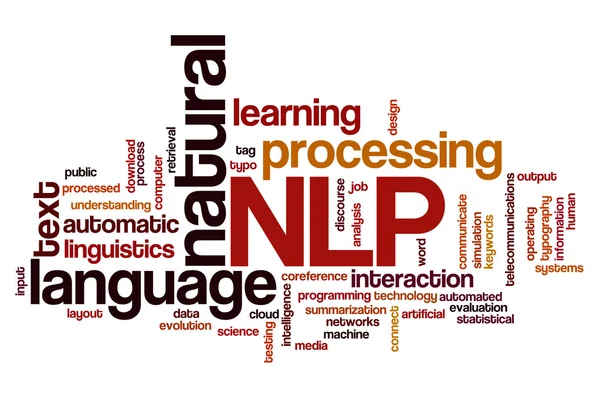
Automated text evaluation and simplification (ATES)
The project wants to enable writers to improve the quality of their writing, in both English and Romanian languages, with immediate feedback when typing the input text through personalized recommendations and highlights of different text elements that can be improved. Read More

Robots and society: cognitive systems for personal and autonomous vehicles (ROBIN)
User-centered project designing software and services modules for the use of robots in an interconnected digital society that enables companies to develop complex, intelligent and performing products and services for these users as well as society as a whole.

Virtual library of Romanian Literature: systematization and digitization (INTELLIT)
Development of automated software tools for semantic search and analysis in the Romanian literary heritage based on advanced Natural Language Processing techniques that facilitate the analysis of large volumes of text.

Empowering elderly people in conversations with professionals (PREPDOC)
Empowering Elderly People in Conversations with Professionals Application for elderly people to prepare themselves for conversations with healthcare professionals, so that they arrive at a consult with a better description of their situation, and trust in the professional. Bring the application to the market (healthcare practices, nursing homes).

Revitalizing libraries and cultural heritage through advanced technologies (LIB2LIFE)
Revitalizing Libraries and Cultural Heritage Through Advanced Technologies Implements a mechanism for indexing and searching for relevant documents based on keywords and providing documents similar to a given document.
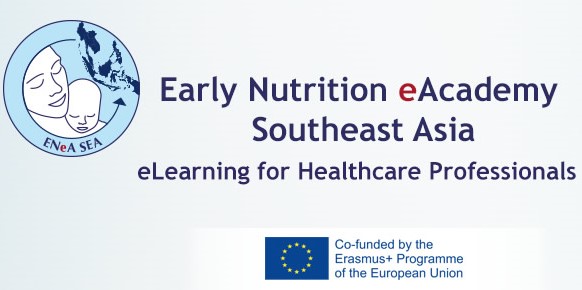
Early nutrition eacademy Southeast Asia (ENEA SEA)
ENeA SEA develops innovative e-learning for practicing doctors in the field of early nutrition in Southeast Asia. EU, Thai and Malaysian partners comprised of universities/institutions and professional organizations in nutrition are jointly developing science-based education, tailored to the needs of the Southeast Asian region. The goal of the project is to offer the latest recommendations for everyday practice and maximise outreach to the wider healthcare community.
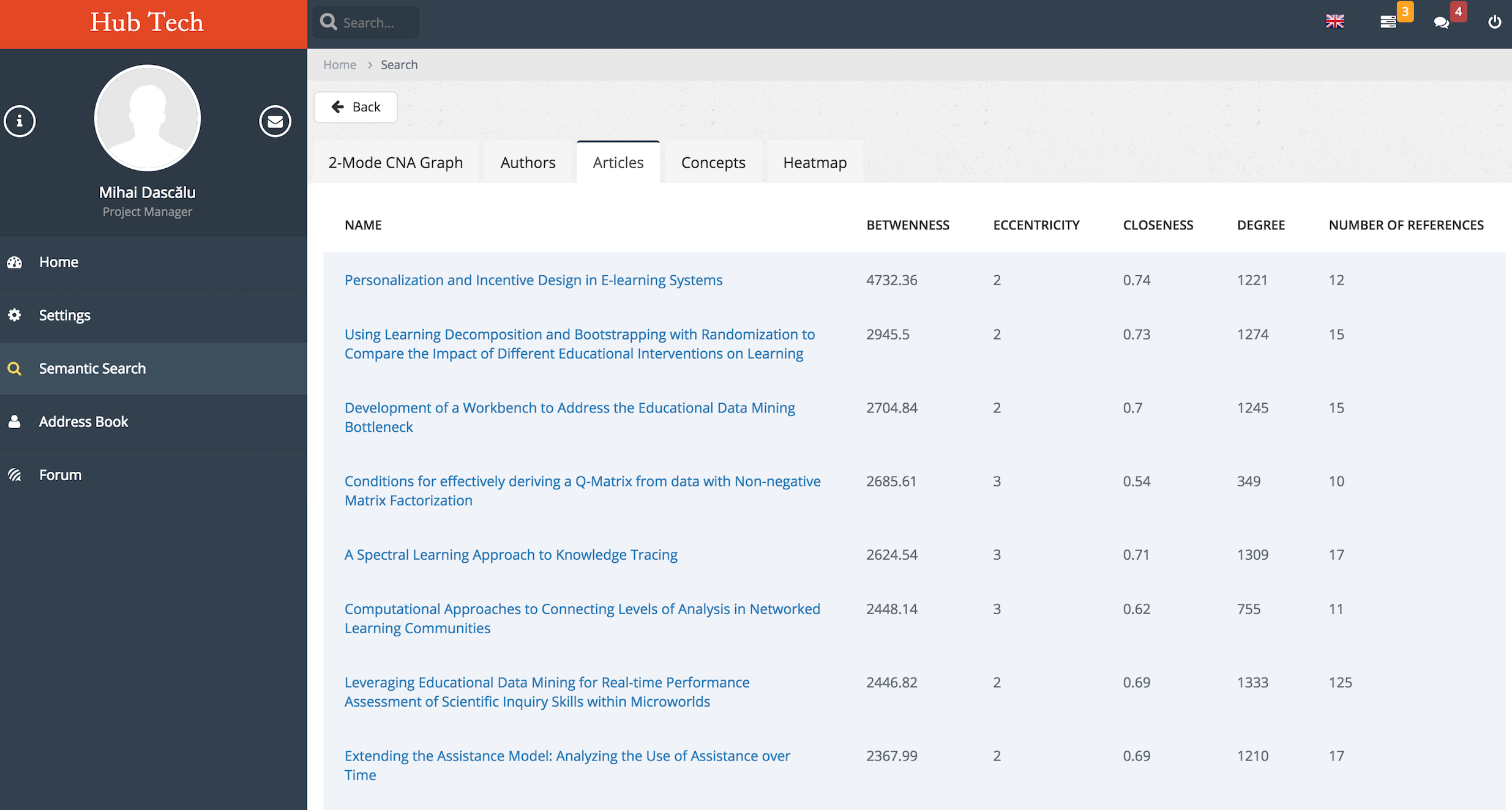
Innovative technology hub based on semantic models and high performance computing (HUB-TECH)
HUB-TECH is an innovative technology hub that aggregates technological and human resources to facilitate the process of writing research topics/optimized technical solutions by semantically recommending relevant textual resources to be consulted (for example, scientific papers, doctoral theses, patents, results of RDI projects, etc.), introduction of mechanisms for partial generation of documentation, and creation of a discussion forum to provide personalized support for the marketing of products and services.
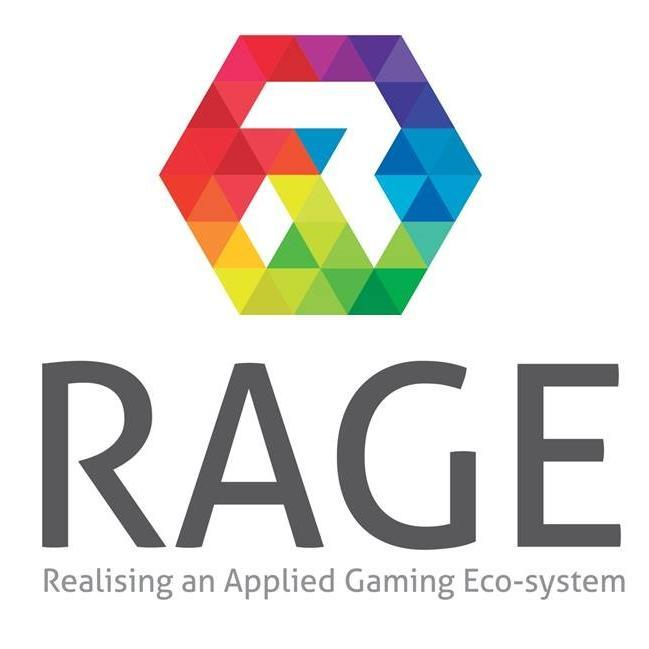
Realising an applied gaming ecosystem (RAGE)
RAGE aims to develop, transform and enrich advanced technologies from the leisure games industry into self-contained gaming assets (i.e. solutions showing economic value potential) that support game studios at developing applied games easier, faster and more cost-effectively. These assets will be available along with a large volume of high-quality knowledge resources through a self-sustainable Ecosystem, which is a social space that connects research, gaming industries, intermediaries, education providers, policy makers and end-users. RAGE - Realising an Applied Gaming Eco-system, is a 48-months Technology and Know-How driven Research and Innovation project co-funded by EU Framework Programme for Research and Innovation, Horizon 2020.
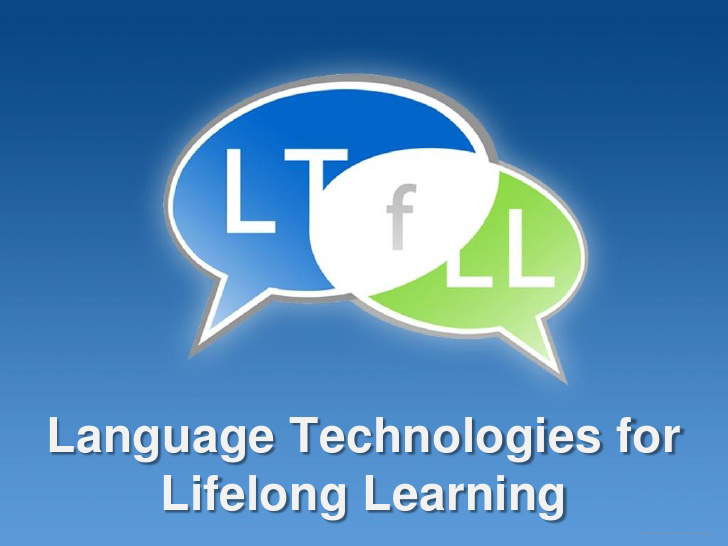
Language technologies for lifelong learning (LTFLL)
The outcomes of the LTfLL project are prototypes of next-generation services built on advanced research on the application of language technologies in education. Their exploitation to a consumer market requires some further development (on usability, transferability to other domains and other learning environments, etc.).The target groups (as targeted people) of the LTfLL outcomes can be grouped in three: Researchers and developers, Content service providers and End-users of the LTfLL services. The LTfLL project is partially supported/co-funded by the European Union under the Information and Communication Technologies (ICT) theme of the 7th Framework Programme for R&D (FP7-ICT-2007-1-4.1)